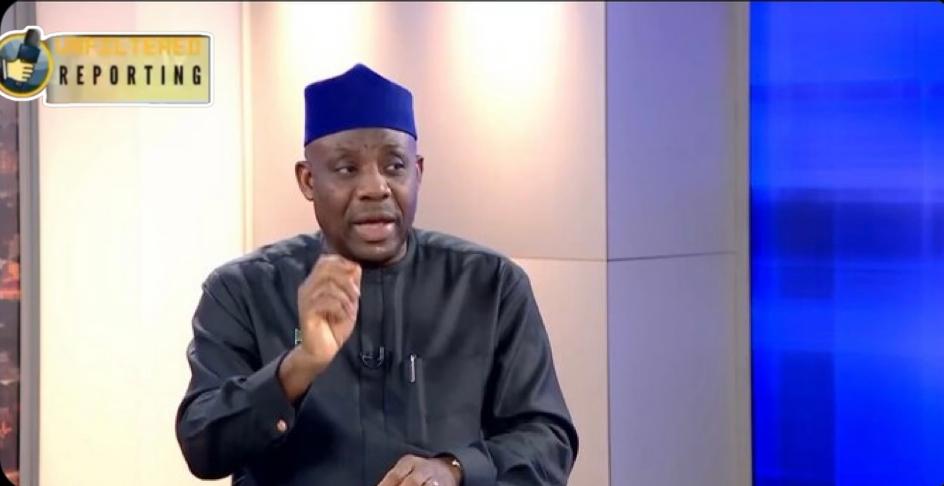The Federal Government has reiterated its commitment to enforcing the stipulated age requirements for admission into junior secondary schools and universities across Nigeria, as part of efforts to maintain educational standards and ensure the holistic development of students. The Minister of Education, Dr. Tunji Alausa, made this known during an interview on Channels Television, where he reaffirmed that the minimum age for admission into Junior Secondary School (JSS) remains 10 years, while the benchmark for university entry stands at 16 years. Dr. Alausa emphasized that these age limits are enshrined in Nigeria’s national education policy, which is designed to align students' academic progression with their psychological and emotional maturity. According to the minister, the increasing trend of underage students gaining admission into tertiary institutions is a growing concern for the government, as it often results in poor academic performance and social adjustment challenges within the university environment. “We are seeing too many cases of students who are not emotionally or mentally prepared being pushed into universities at ages as low as 13 or 14. This is not healthy for the child, the learning process, or the institutions themselves,” Alausa stated. He urged parents, school proprietors, and state education boards to comply strictly with the guidelines, stressing that allowing children to develop at an appropriate pace is critical for long-term academic success and personal growth. Dr. Alausa further disclosed that the Federal Ministry of Education, in collaboration with relevant agencies such as the Universal Basic Education Commission (UBEC) and the National Universities Commission (NUC), will begin a more rigorous enforcement of the policy. This will include routine checks and monitoring of admission processes at both the basic and tertiary education levels. Educational stakeholders have long debated the issue of underage admissions, with many advocating for stricter measures to prevent schools from bending the rules. Some private institutions, particularly in urban areas, have been accused of fast-tracking learners through academic levels in a bid to satisfy ambitious parental demands, often at the expense of the child’s overall readiness. The minister’s reaffirmation is expected to serve as a renewed warning to defaulters and a step toward restoring order in Nigeria’s educational progression system.










